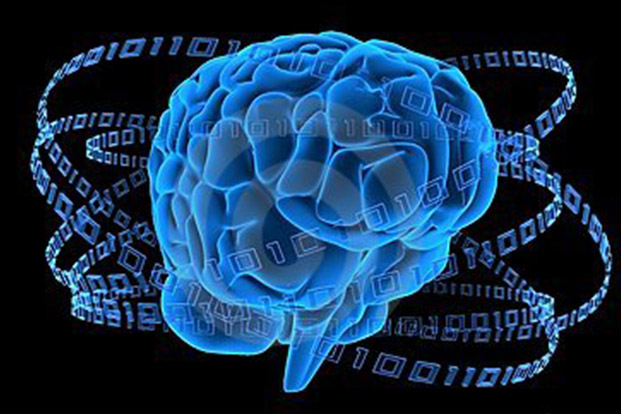Epilepsy- Know the signs and symptoms- International Epilepsy Day
Apr 19, 2022
Epilepsy is the most common neurological disease affecting us in the world. This chronic condition affects 1 in every 100 people worldwide. It is a unique disease that affects all age groups and is accustomed with seizures.
What is Epilepsy?
Epilepsy is a disease of the brain in which excessive electrical activity occurs in the brain cells.
Due to the same multiple symptoms may occur such as:
- Unconsciousness
- Abnormal Jerking and Stiffing of Limbs
- Frothing from the Mouth
- Tongue Bite
- Passage of Urine in Clothes
The symptoms usually last for a few minutes and a person may regain senses in sometime but may appear a bit confused. He may have headache, body ache following the attack.

This is an episodic problem which does not come with any warning signs. Due to this if a person is not in a safe place he may be prone to accidents. Epilepsy can affect a person of any age group, sometimes symptoms of epileptic fits are different in form of transient loss of contact with surroundings, unawareness of present state, chewing movements, abnormal hand movements, etc may happen. Sometimes patients themselves are totally unaware of the situation and only the people near him/her can notice it.
What causes Epilepsy?
Nearly 40 percent of people in India develop epilepsy because of neurocysticercosis in which cyst forms in the brain because of worm infestation. This usually gets transmitted because of poor food hygiene. Other causes may include problems like brain tumor, brain clot, head injury, etc.
How can Epilepsy be treated?
Earliest medical attention is necessary as this can be controlled with medications. Majority of people suffering from epilepsy can lead a normal healthy life if they follow certain precautions and medications as prescribed by their neurologist( brain specialist doctor).









